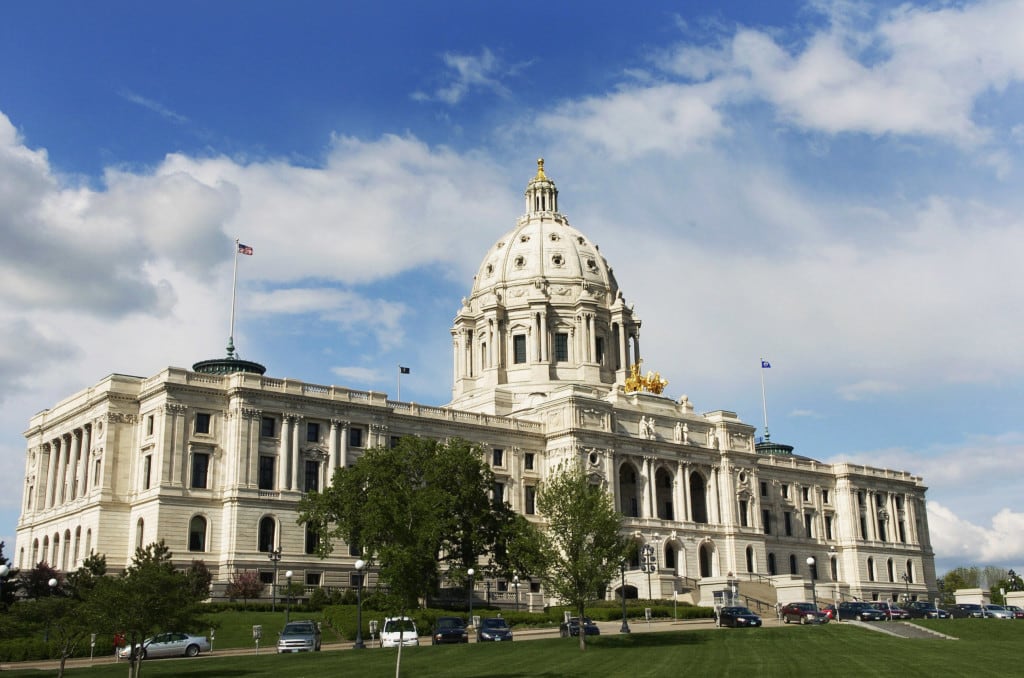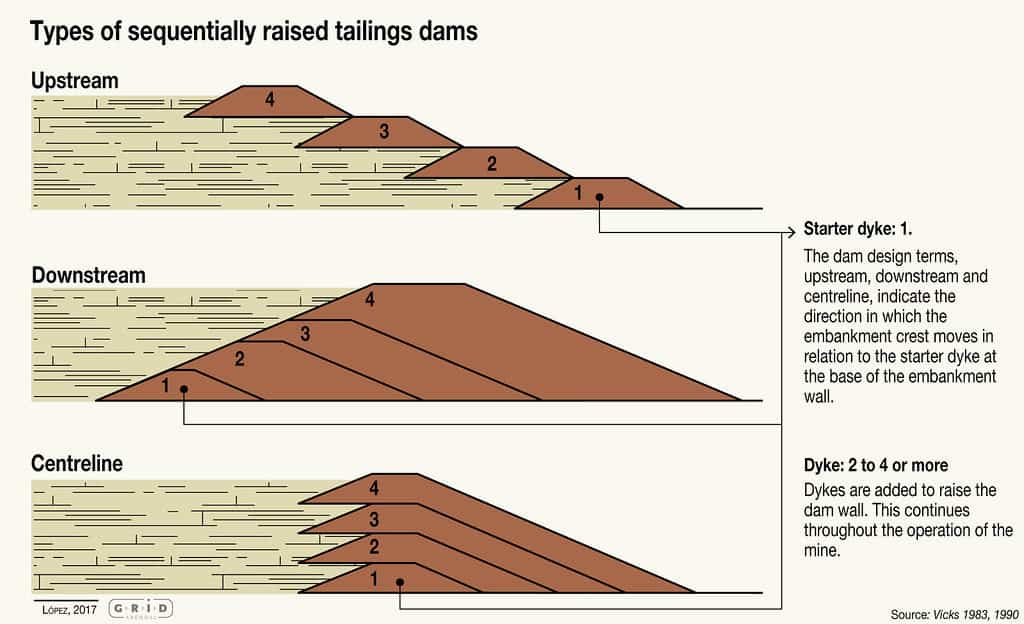
Legislators from both Minnesota’s Democratic and Republican parties introduced a bill at the state capitol last week that could strengthen regulations for copper-nickel mines. The PolyMet and Twin Metals projects in northeastern Minnesota have raised concern about polluting the Boundary Waters, Superior National Forest, and Lake Superior tributaries.
The legislation would most notably require independent review of engineering designs, and meet stricter Canadian safety standards.
Senate File 2873 and House File 2872 are based on a law that passed in Montana in 2015, focusing on how to best store massive amounts of leftover materials from ore processing. The legislation was authored by Sen. Paul Anderson, R-Plymouth, and Rep. Steve Sandell, DFL-Woodbury.
Montana’s mining industry supported the legislation in response to the Mount Polley mine failure in British Columbia, in 2014, when a dam burst and released 2.6 billion gallons of contaminated water and 1.2 billion gallons of slurry into lakes and rivers downstream.
The dams that are used to hold tailings are a key concern in Minnesota. It was recently revealed that the PolyMet project, Minnesota’s first copper-nickel mine which was permitted last year, plans to use the same “upstream” dam design as a mine in Brazil, which failed catastrophically in January. Brazil has since banned upstream dam designs.

The Montana legislation makes a good case for action in Minnesota,Aaron Klemz, a spokesman for the Minnesota Center for Environmental Advocacy, told MinnPost. “Our point was that if we can’t start with a bill that was written by the industry itself, and was passed nearly unanimously in a mining friendly state, what can we do?” Klemz said.
Both Montana and Minnesota’s laws would also encourage the use of “dry stack” tailings storage, which is safer but more expensive.
The Department of Natural Resources, the agency with the most responsibility for mine oversight, opposed the legislation.
“This sweeping proposal begins with a single solution, rather than a broad and inclusive conversation that involves the full range affected stakeholders,” DNR Assistant Commissioner Jess Richards told the Star Tribune.
Mining proponents said the legislation is unnecessary, pointing to the nearly 15-year process for PolyMet’s environmental review and permitting. “We don’t need to add more regulation on top of what already exists,” said Nancy Norr, chairwoman of Jobs for Minnesotans, a business-labor group that supports mining.
The bills will not advance this year because they were introduced well after deadlines and the legislature will adjourn in less than two weeks, but are seen as a starting point for future discussions.
“This is a conversation starter,” Sen. Anderson told the Star Tribune.
If passed, the rules would not apply to PolyMet, because the mine has been already received permits, but could come up if the company seeks to expand. Legislation could still affect the proposed Twin Metals mine near the Boundary Waters.

